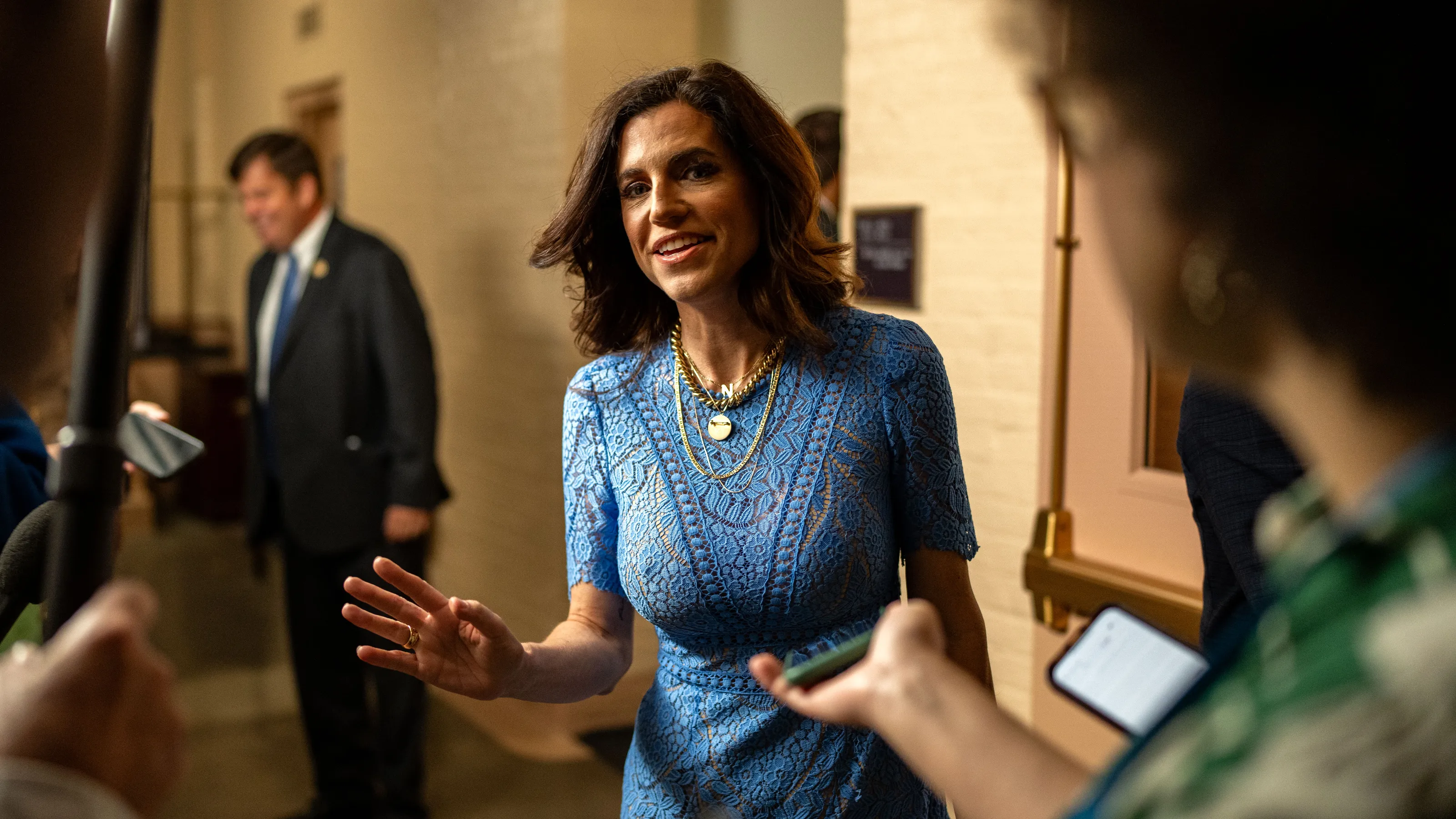As digital platforms dominate news consumption, a staggering 69% of Americans are grappling with the rising costs of basic necessities. This reality starkly contrasts the ongoing trend of subscription-based journalism, which is increasingly becoming a paywall for critical information.
Media Subscription Costs Skyrocket
The modern media landscape is rapidly shifting towards subscription models, leaving many behind. As reported by Forbes, consumers are being pushed to pay for quality journalism, with some outlets demanding up to €69 per month for access. This raises critical questions about access to information, particularly for low-income populations who already face economic hardships.
Digital Paywalls Exclude Marginalized Voices
The implementation of digital paywalls is not merely a business strategy; it is a systemic barrier that alienates those who cannot afford to pay. According to a study from Georgia Tech, the activation of digital paywalls has significant implications for subscriber retention and revenue generation, yet it simultaneously exacerbates inequality in access to information. Vulnerable communities, often already marginalized in public discourse, are further silenced by these economic barriers.

Fmr. defense official: DOD has ‘culture of suppression’ around UFOs
Workers Rights and Economic Inequality Intersect
As economic inequality reaches unprecedented levels, the rising costs of information access cannot be viewed in isolation. The Centre for Media Transition highlights how digital platforms have drastically altered news consumption, leading to a reliance on social media for updates. However, this shift often compromises journalistic integrity and accountability, especially when workers in the media industry face layoffs and salary cuts.
Accountability in Journalism and Economic Justice
Accountability in journalism goes hand-in-hand with economic justice. With more than 1 million readers subscribing to platforms like the Financial Times, the question arises: who is truly benefiting from this model? The rich get richer while the working class is left scrambling to piece together information from fragmented sources. The subscription model favors affluent consumers, creating an echo chamber that fails to amplify the voices of those most affected by economic policies.

July 11, 2024, Biden press conference at NATO Summit, presidential ...
The Need for Progressive Solutions
In light of these challenges, the call for a more equitable media landscape is urgent. The shift to subscription-based journalism must be accompanied by progressive taxation policies that ensure funding for public journalism initiatives. Such measures could include subsidizing access for low-income families, thereby ensuring that quality journalism remains accessible to all, not just the privileged few.







![[Video] Gunfire between Iraqi security forces and Sadr militias in Baghdad](/_next/image?url=%2Fapi%2Fimage%2Fthumbnails%2Fthumbnail-1768343508874-4redb-thumbnail.jpg&w=3840&q=75)
